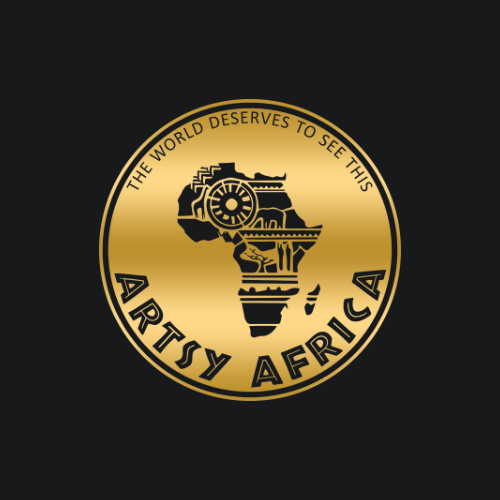Empowering Girls: A Catalyst for Societal Advancement in Developing Nations
Uganda, a country filled with possibilities yet struggling with the challenges of growth. Among the many challenges it faces, few are as urgent as the necessity of uplifting its children, particularly girls. Today, let’s delve into how backing up girls’ education and welfare can deeply change lives, extend across society, and contribute to the progress of countries like Uganda and other low-income developing nations.

Children-fetching-water
To truly get the better picture of empowering girls, we must first understand the many different ways it can influence things. Picture a young girl in rural Uganda, denied access to education due to cultural norms or economic constraints. Denied the opportunities to learn and grow, she faces a future limited by lack of resources and opportunities. What if we intervene and change things? What if we provide her with the tools and resources necessary to chase her dreams?
Education, as Nelson Mandela famously said, “Education is the most powerful weapon we can use to change the world”. “I Am Malala ” a book by Malala Yousafzai, The incredible story of a young girl who stood up to the Taliban to fight for girls’ education in Pakistan. Her story still echoes far beyond the borders of her nation, spelling out the struggles and troubles of girls on a global scale. By investing in the education of girls like Malala, we not only unleash their potential but also foster societal progress.

Girls- attending-classes
Education is an investment girls can get to escape the redundant nature of poverty by giving them the knowledge for better opportunities and how to uplift the communities they are in. When a girl receives an education, she is more likely to marry later, have fewer children, and contribute to the economy. In “Half the Sky” by Nicholas D. Kristof and Sheryl WuDunn, we learn about the powerful change that educating girls can bring about in developing countries. By telling compelling stories the authors illustrate how investing in girls’ education leads to improved health outcomes, economic growth, and social stability.
But the benefits of supporting girls extend far beyond the individual level and are accountable on a global or more less country scale. Educated individuals are more likely to become more in their communities, voting for issues such as gender equality, healthcare and more. In “The Girl Effect” by Nicholas D. Kristof, we are reminded of the ripple effect that occurs when we invest in girls’ education and empowerment .Through advocating for their impact , we create a repetitive action of positive change that touches every aspect of society.

Girl- thinking-about-the-future
Educating girls isn’t only a moral obligation; it is also a way of strategically investing in the future of these growing nations. In the book “The End of Poverty” by the author Jeffrey D. Sachs, he says “we are presented with a compelling argument for the role of education in economic development”. Sachs explains the relationship between archiving education and developmental economic growth, emphasizing the importance of putting education, particularly for girls forward, in the fight to stop or reduce poverty.
In Uganda, initiatives such as the Girl Child Education Movement (GEM) are working to advocate for girl child education to overcome barriers to girls’ education and promote gender equality. Through reach outs, community engagements, and support of various groups, GEM is transforming the education system for girls across the country. Through looking into issues such as school fees, gender-based violence, and menstrual hygiene management where they offer sanitary needs needed by the girl child, GEM is creating a more engaging and equitable education system that benefits all .

Children-at-a-school-assembly
Join us in championing the girl child, not just for justice, but to unleash the catalyst for progress. Let’s invest in their education and well-being, igniting the engines of positive transformation and economic prosperity. In countries like Uganda, let Malala’s wisdom guide us: ‘One child, one teacher, one book, and one pen can change the world.’ Support Artsy Africa to nurture a generation destined for greatness, shaping a future of responsible professionals. Together, let’s sculpt a brighter tomorrow, where every child’s potential shines, creating doctors, lawyers, and leaders who drive our world forward.
References:
- Yousafzai, Malala. “I Am Malala.”
- Kristof, Nicholas D., and WuDunn, Sheryl. “Half the Sky.”
- Kristof, Nicholas D. “The Girl Effect.”
- Sachs, Jeffrey D. The End of Poverty.”

